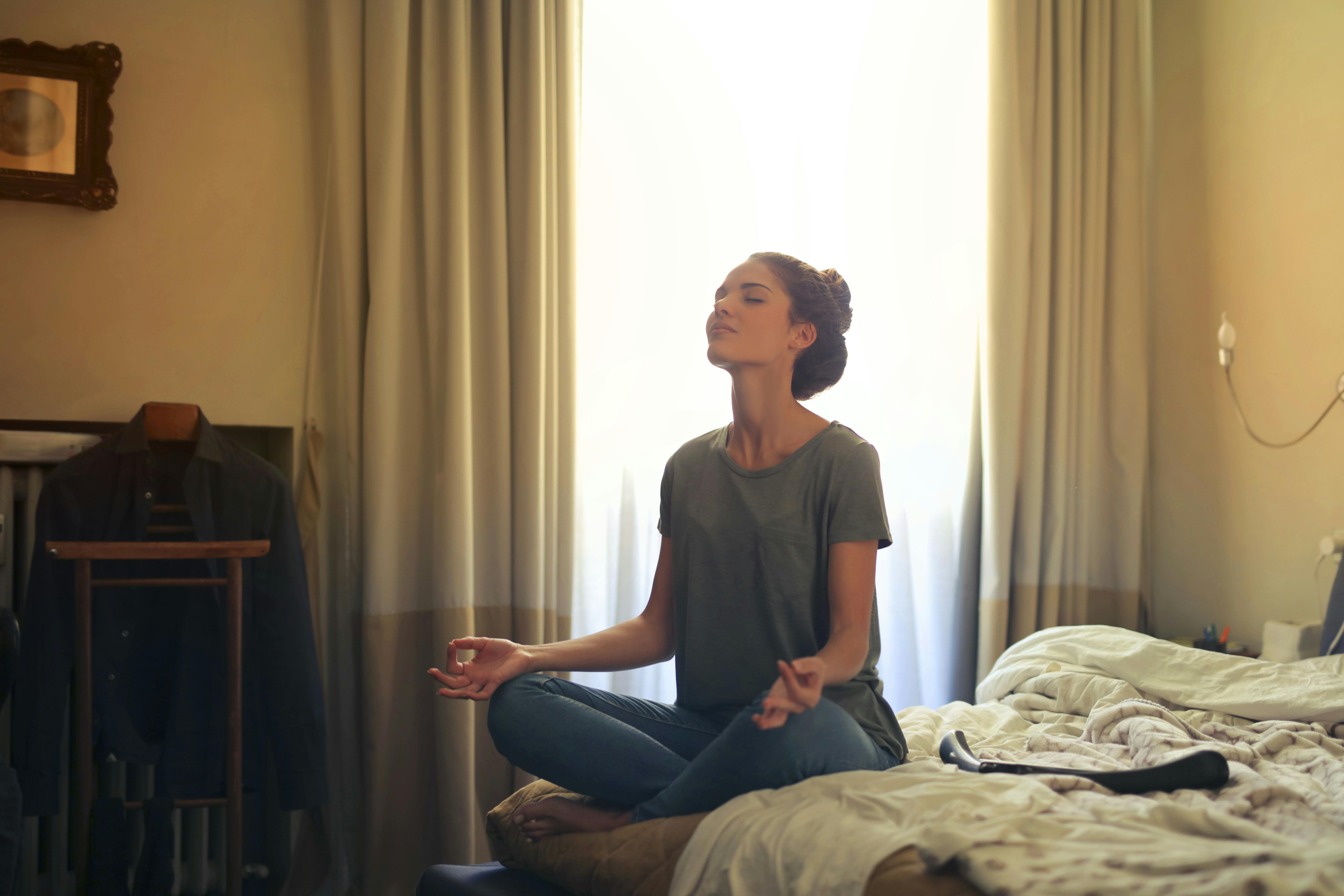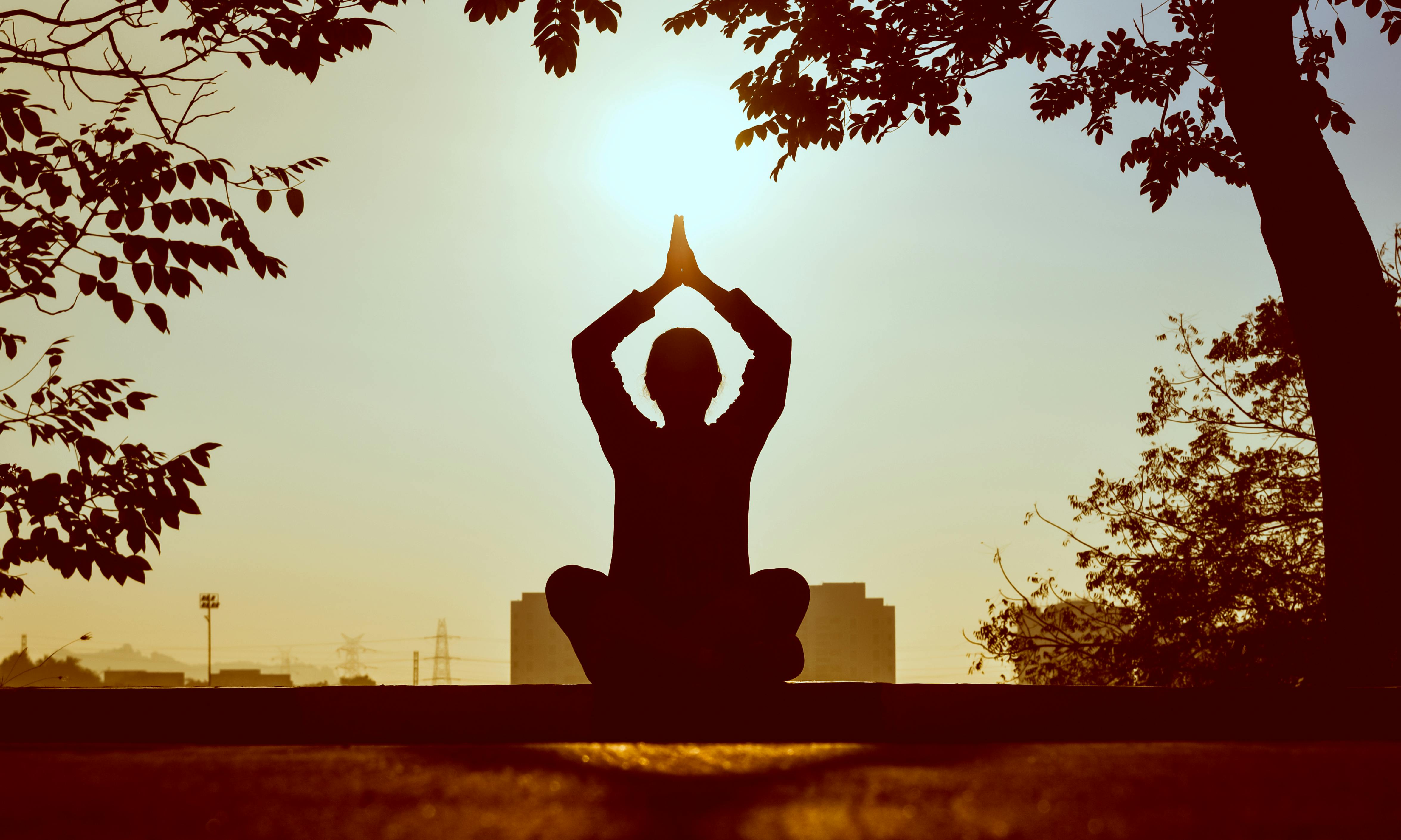The "Lazy" Fix: 6 Rest-Based Habits That Could Be More Effective Than Your Workouts
In a world that glorifies hustle and constant activity, the concept of rest as a tool for health and fitness might seem counterintuitive. However, recent studies suggest that rest-based habits can be more effective than traditional workouts. This notion challenges the conventional wisdom that equates strenuous exercise with optimal health. By focusing on rest, we can harness our body's natural ability to repair, rejuvenate, and grow stronger. This article delves into the rest-based habits that not only complement but can sometimes surpass the benefits of regular exercise. Each section will explore how these practices can enhance physical and mental well-being, leading to a healthier, more balanced lifestyle.
1. Sleep: The Ultimate Recovery Tool

Sleep is often overlooked in the pursuit of fitness, but it is the cornerstone of recovery and performance. During sleep, the body undergoes crucial processes such as muscle repair, protein synthesis, and the release of growth hormones. A study published in the Journal of Clinical Sleep Medicine found that athletes who extended their sleep improved their performance, mood, and alertness. Quality sleep enhances cognitive function and boosts immunity, making it an essential component of any fitness regimen. Prioritizing a consistent sleep schedule can lead to improved athletic performance, reduced injury risk, and a more resilient body, proving that sometimes, the best workout is no workout at all.
2. Meditation: Strengthening the Mind-Body Connection

Meditation is more than just a mental exercise; it is a powerful tool for physical health. Regular meditation practice has been shown to reduce stress, lower blood pressure, and improve heart health. By fostering a deep sense of relaxation, meditation allows the body to enter a state of rest that promotes healing and rejuvenation. A study from the American Heart Association highlights meditation's role in reducing the risk of cardiovascular disease. By incorporating meditation into daily routines, individuals can enhance their mind-body connection, leading to greater awareness and control over physical responses, ultimately optimizing overall health and fitness.
3. Active Rest: The Art of Gentle Movement

Active rest involves low-intensity activities that promote recovery without the strain of traditional workouts. Activities like walking, yoga, or tai chi encourage blood flow, enhance flexibility, and reduce muscle tension. These gentle movements help maintain fitness levels and prevent the stiffness associated with inactivity. Research from Harvard Medical School suggests that active rest can improve circulation and accelerate recovery by delivering nutrients to muscles and removing metabolic waste. By integrating active rest into one's routine, individuals can enjoy the benefits of exercise while minimizing the risk of overtraining and burnout, making it an effective strategy for long-term health.
4. Breathing Exercises: Harnessing the Power of Oxygen

Breathing exercises are a simple yet profound way to enhance physical and mental well-being. Techniques such as diaphragmatic breathing and the Wim Hof Method increase oxygen intake, promoting relaxation and reducing stress. Proper breathing can improve lung capacity and endurance, benefiting athletic performance. A study published in the Journal of Sports Sciences found that athletes who practiced breathing exercises experienced improved recovery times and reduced fatigue. By focusing on breath control, individuals can tap into a natural, restorative process that supports overall health, making breathing exercises a valuable addition to any fitness routine.
5. Napping: A Midday Boost for Energy and Performance

Napping is often dismissed as a luxury, but it can be a powerful tool for enhancing performance and recovery. Short naps of 20-30 minutes can improve alertness, mood, and cognitive function, providing a quick energy boost. Research from NASA on pilots and astronauts reveals that napping can enhance performance by up to 34% and alertness by 54%. By incorporating strategic naps into their schedules, individuals can combat fatigue and improve productivity. Napping also allows the body to recover from physical exertion, making it an effective complement to traditional exercise routines.
6. Digital Detox: Unplugging for Better Health

In today's digital age, constant connectivity can lead to stress and burnout, negatively impacting physical health. A digital detox involves taking breaks from electronic devices to reduce screen time and mental clutter. This practice can improve sleep quality, reduce anxiety, and enhance focus. A study by the University of Gothenburg found that excessive smartphone use is linked to increased stress and sleep disturbances. By unplugging regularly, individuals can create space for rest and reflection, allowing the body and mind to recover from the demands of modern life. This rest-based habit can lead to improved well-being and a more balanced lifestyle.
Redefining Fitness with Rest

The exploration of rest-based habits reveals that rest is not merely the absence of activity but a fundamental component of health and fitness. By integrating sleep, meditation, active rest, breathing exercises, napping, and digital detox into daily life, individuals can achieve a more holistic approach to wellness. These practices not only enhance physical performance but also support mental and emotional health, offering a sustainable path to vitality. As we redefine fitness, embracing the power of rest may prove to be the "lazy" fix that truly transforms our well-being, allowing us to thrive in both body and mind.